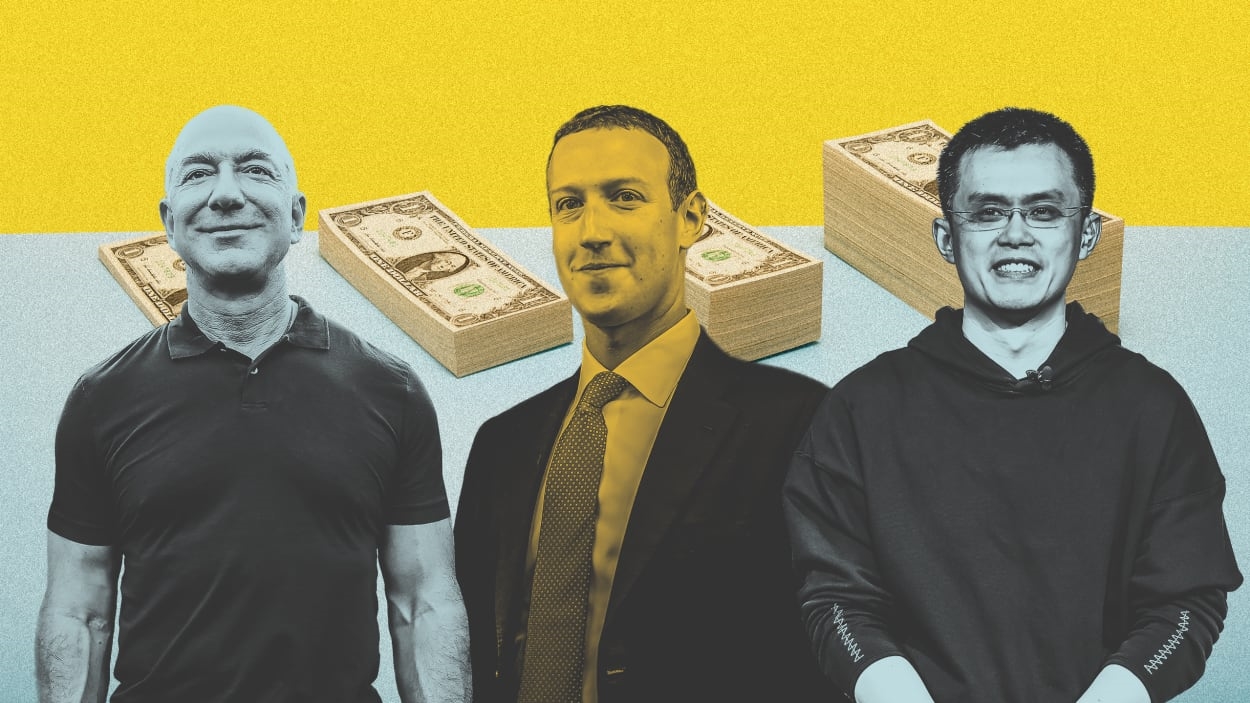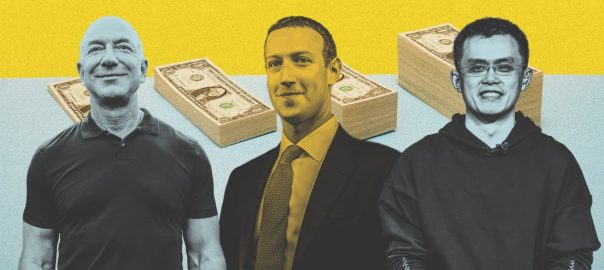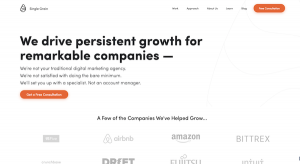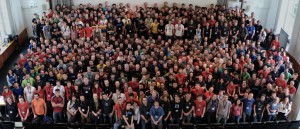By Sam Becker
Billionaires raked it in during the early stages of the pandemic, but 2022 has not been nearly as kind. In fact, since the beginning of the year, some of the world’s richest tech billionaires—a list that includes Mark Zuckerberg of Meta Platforms, Elon Musk of Tesla, and Jeff Bezos of Amazon—have seen their fortunes bleed out by tens of billions of dollars.

Here is the year-to-date damage to a handful of tech billionaires’ net worths, according to data from the Bloomberg Billionaires Index (as of October 30):
Interestingly, billionaires in other sectors have seen their net worth increase this year, despite the shaky economy. Members of the Koch and Mars families, for example, have seen their fortunes swell by more than $4 billion.
But the staggering losses by tech’s richest people—which may not be realized losses, as in some (or most) cases, that wealth is tied to investment holdings—is eye-popping considering how high valuations were a year or two ago. Take Zuckerberg, for example: The most recent earnings report from Facebook’s parent company showed a decline in profits and revenue, and it sent share prices plummeting. Zuckerberg, who at one time had a net worth of more than $136 billion, has seen his fortune erode by almost $100 billion, and is currently worth $38.2 billion.
In other words, his net worth has declined by more than 75% since its peak last year. Similarly, Jeff Bezos has seen his net worth decline by around 50% after a disappointing Amazon earnings report last week. And Musk, whose net worth topped out at $340 billion last year, has lost 40% of his wealth.
While the thought of seeing $1 billion evaporate, let alone $100 billion, is mind-boggling to the average American, the typical investor hasn’t been spared, either. Data from the Federal Reserve, published in September, shows that U.S. households collectively saw their wealth drop by $6.1 trillion, which was largely due to $7.7 trillion in stock market losses. And the most recent Building Financial Futures report from Fidelity, published in August, shows that the average 401(k) balance for all Americans was $103,800—down around 20% year-over-year and 15% year-to-date. Additional data from Northwestern Mutual shows that Americans saw their retirement savings lose between 12% and 20% over the past year. Keep in mind, too, that since the middle of August, the S&P 500 has fallen another 10% or so, so losses are mounting as the year goes on.
As such, while the Zuckerbergs and Musks of the world are certainly bearing the brunt of the economic downturn in terms of the impact on their net worths, the average American is feeling the crunch, too, albeit on a much smaller scale. The extent to which they’re feeling that crunch is likely to play a large role in the nearing midterm elections as well. A new Ipsos/ABC News poll, released Sunday, shows that the economy and inflation are the most important issues among registered voters.
There isn’t one single thing to blame for the current shaky economy, either—inflation is the big factor (and corresponding interest rate hikes), but so is the fact that many people are simply not willing to curb their spending after two years of the pandemic, which is further stoking inflation.
“It’s a period of uncertainty for many people, driven largely by rising inflation and volatility in the markets,” said Christian Mitchell, a Northwestern Mutual executive, in a statement. “We’ve also seen upticks in spending year-over-year not only as a result of inflation, but also as people have resumed a sense of normalcy in their lives following the earlier days of the pandemic.”
(7)








